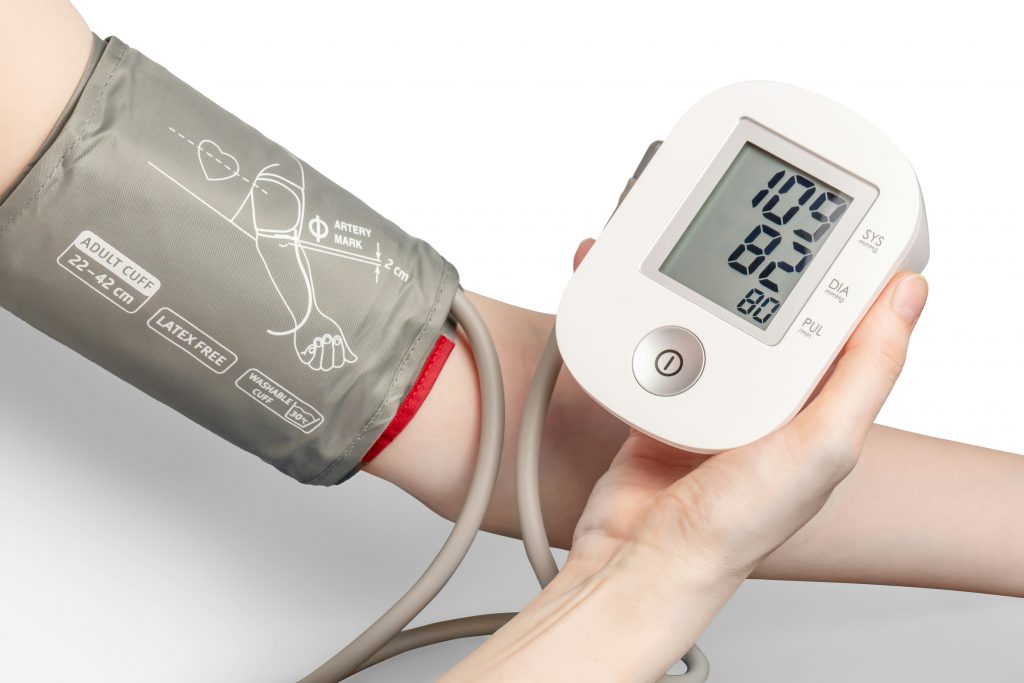Calling all over 40s: Free Blood Pressure Checks at Pharmacies
If you are over 40, you can get a free blood pressure check at a local pharmacy.
No appointment is needed. You can find pharmacies offering free blood pressure checks on the NHS website.
Why is it important?
High blood pressure is the biggest cause of cardiovascular disease, which is the name for conditions that affect the heart and the vessels and veins that pump blood around the body.
High blood pressure – sometimes called hypertension – increases your risk of a fatal heart attack, stroke, kidney disease or vascular dementia.
A quarter of all deaths in England are caused by cardiovascular disease. Around 4.2 million people in this country have high blood pressure and don’t know it.
The good news is that high blood pressure is easy to check, and once diagnosed, it can be managed with lifestyle changes or medication.
Check your blood pressure
High blood pressure usually has no symptoms, so the only way to know for sure is to get checked.
Blood pressure checks are quick and simple.
A cuff is placed around your upper arm and inflated until it feels tight. It may feel uncomfortable, but it only takes a few seconds.
Sensors in the cuff take a reading shown on a digital display. You should see the result immediately.

Your Result
Blood pressure readings are given as two numbers. The first is the pressure when your heart is pumping blood around your body, and the second is when your heart is resting between beats.
Your result will be explained to you, but generally, it’s considered normal if it’s between 90/60 and 120/80.
What can I do?
If your blood pressure is high or at risk of becoming high, there are things you can do to lower your risk.
Making some lifestyle changes can reduce your risk, including:
- stopping smoking
- drinking less alcohol
- drinking less caffeine
- eating less salty food
- eating more fruit and vegetables
- losing weight
- getting more regular exercise.
There are some risk factors you can’t do anything about.
Your risk will be higher if you are over 65 or from Black African or Black Caribbean communities, so regular checks are vital to knowing what changes you should be making to lower the risk.
